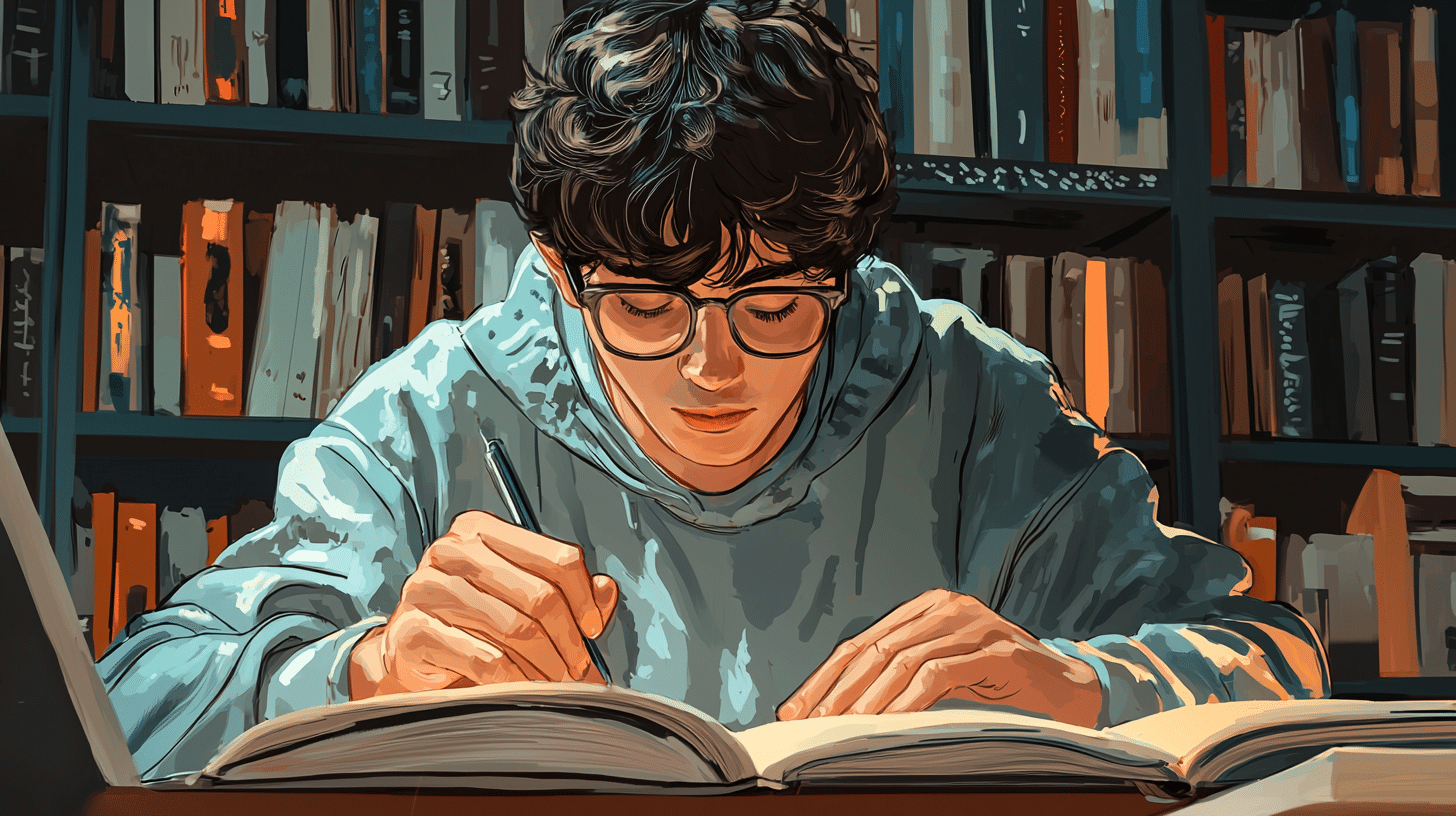
Mastering verb tenses in Portuguese can be a daunting task for learners, given the language's rich and intricate conjugation patterns. Common confusions often arise when distinguishing between the present, past, and future tenses, as well as their various forms such as the simple past (pretérito perfeito) and the imperfect past (pretérito imperfeito). These exercises are designed to target these frequent areas of difficulty, offering clear examples and structured practice to help reinforce your understanding and application of Portuguese tenses. By engaging with these exercises, you will develop a more intuitive grasp of tense usage, enabling you to communicate more accurately and confidently. Each exercise focuses on a specific aspect of tense confusion, providing context and practical scenarios to enhance your learning experience. Whether you're a beginner looking to build a solid foundation or an advanced learner aiming to polish your skills, these exercises will support your journey towards fluency in Portuguese.
1. Eu *comi* o bolo ontem (past tense of 'to eat').
2. Amanhã nós *iremos* ao parque (future tense of 'to go').
3. Ele *está* estudando para a prova (present progressive of 'to be').
4. Quando eu era criança, *brincava* muito na rua (imperfect tense of 'to play').
5. Se eu *tivesse* dinheiro, compraria uma casa (subjunctive imperfect of 'to have').
6. Eles *vão* viajar para o Brasil no próximo mês (future tense of 'to go').
7. Nós *morávamos* em Portugal quando éramos jovens (imperfect tense of 'to live').
8. Eu *terei* terminado o trabalho até amanhã (future perfect of 'to finish').
9. Se ele *estiver* cansado, vai descansar (subjunctive present of 'to be').
10. Ela *lia* um livro quando o telefone tocou (imperfect tense of 'to read').
1. Ontem, ele *foi* ao cinema (verb in past tense).
2. Amanhã, nós *iremos* à praia (future tense of 'to go').
3. Quando eu *chegar* em casa, vou ligar para você (subjunctive present of 'to arrive').
4. Eles *estavam* estudando quando eu entrei (imperfect tense of 'to be').
5. Se ela *tivesse* mais tempo, viajaria mais (imperfect subjunctive of 'to have').
6. Eu *estarei* ocupado amanhã à tarde (future tense of 'to be').
7. Nós *fomos* ao parque no fim de semana passado (past tense of 'to go').
8. Quando ele *souber* a verdade, ficará chocado (subjunctive present of 'to know').
9. Se você *estiver* cansado, descanse um pouco (subjunctive present of 'to be').
10. Eu *teria* feito isso ontem, mas estava chovendo (conditional of 'to do').
1. Eles *estavam* felizes ontem (past tense of "estar").
2. Nós *vamos* viajar amanhã (future tense of "ir").
3. Eu *fui* ao mercado ontem (past tense of "ir").
4. Você *comeu* o bolo inteiro? (past tense of "comer").
5. Amanhã, *será* um novo dia (future tense of "ser").
6. Ele *vai* estudar para o exame (future tense of "ir").
7. Ontem, Maria *leu* um livro interessante (past tense of "ler").
8. Nós *estamos* estudando português (present continuous of "estar").
9. Eles *vão* ao cinema hoje à noite (future tense of "ir").
10. Eu *estava* cansado depois do trabalho (past continuous of "estar").